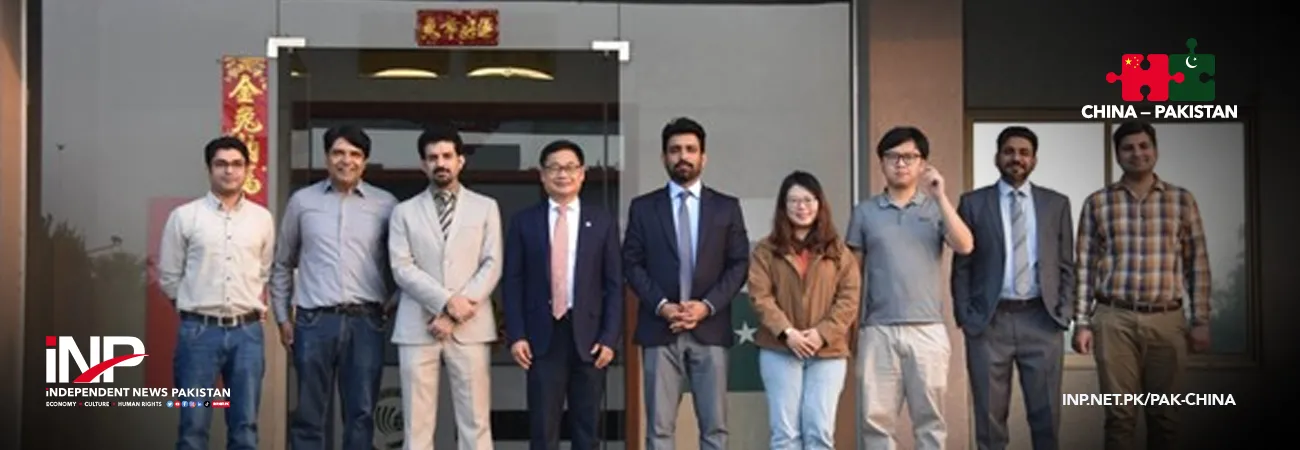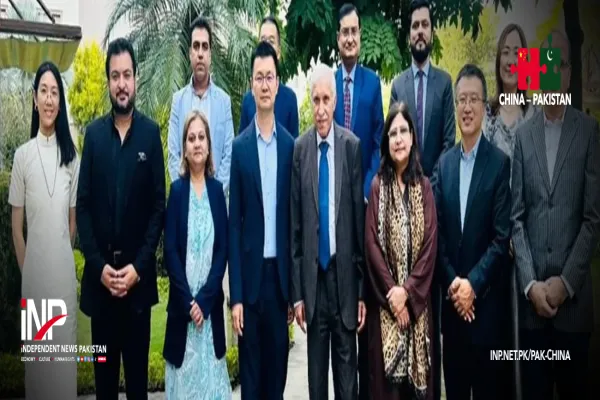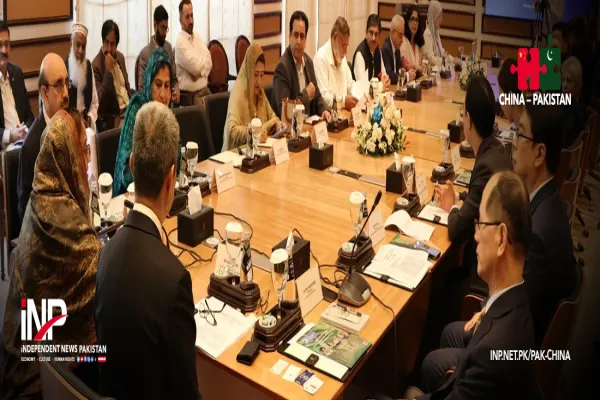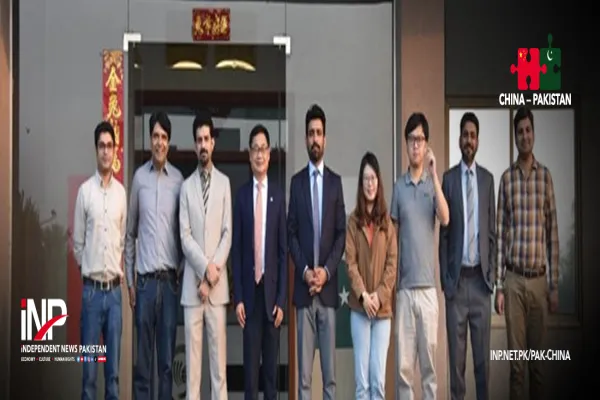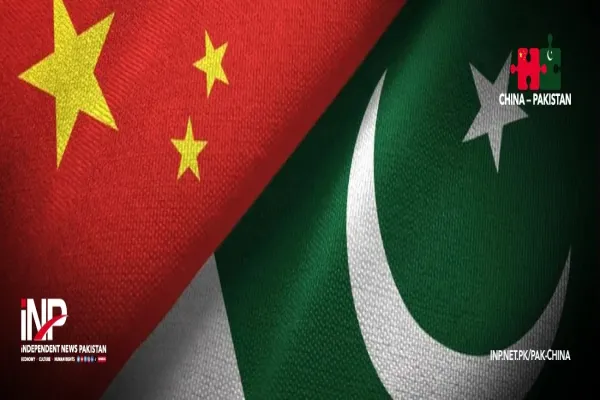i NEWS PAK-CHINA
In a significant step towards strengthening environmental cooperation under the China–Pakistan partnership, leading scientists from the Chinese Academy of Sciences (CAS) and Pakistani universities have agreed to expand collaboration in research, technology, and policy development to combat smog and air pollution across Pakistan, Gwadar Pro reported on Tuesday.
A delegation from CAS, led by Professor Dr. Gan Zhang, Academician and leading Environmental Geochemist, along with Dr. Shizhen Zhao and Dr. Yangzhi Mo, visited the Confucius Institute at the University of Agriculture, Faisalabad (UAF). The delegation held an extensive meeting with Dr. Saddam Hussain, Vice Chairman and Dean of the Confucius Institute, to explore avenues of scientific and academic cooperation focusing on air quality management, environmental monitoring, and sustainable urban planning.
The discussions centered on leveraging China’s successful experience in addressing air pollution through advanced technologies, integrated policy frameworks, and scientific innovation. Both sides emphasized the need to develop joint research programs, technical training modules, and institutional partnerships aimed at formulating localized solutions to Pakistan’s recurring smog problem, particularly in the densely populated and industrialized regions of Punjab.
The visiting scientists are actively engaged under the CAS Belt and Road Initiative (BRI), which has established robust networks of environmental research across South and Southeast Asia. Professor Zhang, known for his pioneering work on chemical pollution and Earth system health, reaffirmed CAS’s commitment to fostering regional cooperation on climate and environmental governance.
He highlighted the importance of adopting a multidisciplinary approach that integrates geochemistry, atmospheric sciences, and environmental management to achieve long-term sustainability. In addition to academic collaboration, China’s been extending practical support to Pakistan by providing components and technical assistance for the deployment of anti-smog guns devices designed to reduce airborne dust and particulate matter in urban environments.
These technologies, widely implemented in several Chinese cities, are expected to assist Pakistani authorities in mitigating smog intensity during winter months and improving urban air quality indices. Earlier, Professor Dr. Mazhar Ayaz, Vice Chancellor of the Cholistan University of Veterinary and Animal Sciences (CUVAS), also visited the Confucius Institute at UAF and met with Dr. Saddam Hussain to review the progress of the CUVAS Confucius Institute subset and discuss post-flood rehabilitation initiatives.
Both academic leaders underscored the importance of enhanced cooperation under the “One Health” framework, focusing on veterinary sciences, zoonotic disease control, and environmental resilience. Environmental experts believe that these ongoing engagements reflect the broadening scope of Pakistan–China cooperation, extending from space technology and agriculture to climate and environmental sciences. The collaborative initiatives align with both countries’ shared vision under the Belt and Road Initiative to promote sustainable development, scientific innovation, and ecological security for mutual prosperity.
Credit: Independent News Pakistan (INP) — Pak-China


